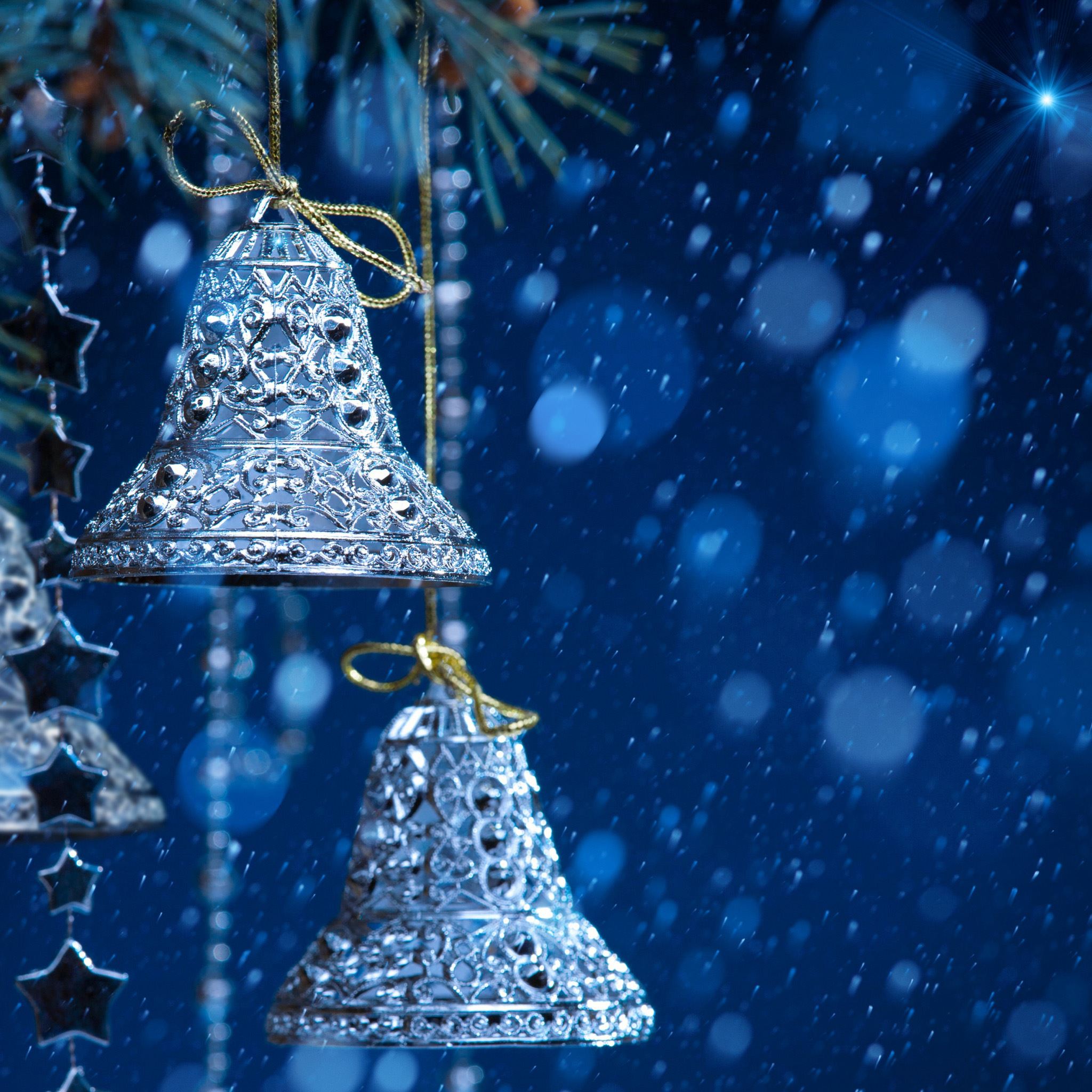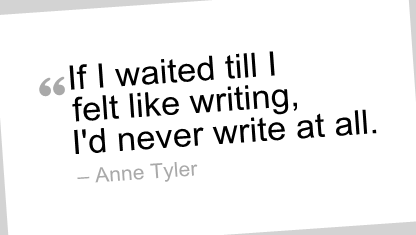The alarm clock rings and pulls you
out of your slumber. That state of rest during which your consciousness of the
world is suspended. Sometimes that state is peaceful and can be considered
balsamaceous, as it accentuates the growth and rejuvenation of the immune,
nervous, skeletal and muscular systems. Sometimes it is not enjoyable, as when
you are tormented by disturbing thoughts manifesting themselves in your dreams.
Either way, it is a necessary part
of life. To most of us, sleep is rarely the subject of our conversations,
unless one is complaining over a rough night, or even more rarely, appreciating
a good night's sleep.
How well you sleep determines how
well you enjoy your day. If you sleep adequately, your body will be ready to
meet the demands of the time when you are awake.
To me, sleep time is very
important. I try my best to maximize the benefits of sleeping, and avoid
disturbances in my sleeping patterns.
Sleep is universal and essential to
us as humans, and even animals do it. We all have reasons to sleep, they are
obvious, and I think I mentioned most of them in the second paragraph of this
reflection; but do we have a reason to wake up?
Can you give an answer to someone
who asks you why you wake up in the morning?
Do you wake up because of the alarm
clock, or maybe it's because of sunlight? Is it the wet, tickling licks your
dog gives your cheek? Or maybe it is because your circadian rhythm naturally
awakens you in the morning.
These and other related reasons and
causes are not what I'm aiming at in this reflection. I'm hinting at another
type of reason, one that is in a class of its own, unparalleled.
I find life to be more enjoyable
when you have a strong reason to wake up every morning. A motivation that gives
you renewed strength every time you wake up. The very first thing you think
about doing once you open your eyes and regain consciousness of the world.
A reason that makes waking up a pleasure
fills you up with energy and possesses you in a way. One that forces every
night to be a good one, for the mornings to be even better. The days seem
short, and time seems too little to do what you love.
In possession of this reason, you
can't help but emit positive energy throughout the day. You are filled with
positive emotions and it shows by the way you go through your day. You tend to
be more optimistic and less prone to depression and negative feelings. You
enjoy a higher quality of life, full of purpose and hope.
Stress, and all its bad effects,
are evaded and your health will report this. There are many diseases that
stress contributes to causing in a human body, but you save yourself from the
unnecessary occurrence.
Good mental health will be yours
because a happy mind is a healthy mind.
I feel blessed to have found this
state of well-being myself. I found it by curious venturing actually, and have
not left it for anything.
I have two reasons why I wake up
every morning, and they are as follows, in no particular order of importance,
because I find it hard to give priority to either one.
Writing, to start with, is one of
them. I love writing; portraying thoughts with words, painting mental pictures
and leaving impressions in people's minds. Sharing stories and ideas that I
brew in my mind.
The other reason is learning new
things; feeding my mind as I like to call it. I enjoy acquiring knowledge and
gaining understanding, and I'm convinced that it immensely contributes to my
mental health.
So when someone asks me why I wake
up every morning, I just tell him or her the very two reasons I stated above. As it is
now, I have never been asked this question by anyone, but it is one that I
asked myself one morning.
I'm glad to be able to give an
answer to someone who asks me such an unorthodox question. I hope you, dear
reader, can answer this question too. Try asking your friends or loved ones,
and see if they can answer it.
Why do you wake up in the morning?
Innocent Mwatsikesimbe currently lives in the city of Gweru, in Zimbabwe. If he is not working on his writing, he likes to travel and see how other people are living life.
Music is almost as close to him as his writing and he listens to music a lot. He also loves watching thriller movies and crime series. He eats well, exercises well and loves life.
He has an impressive list of publications already: the self-help series 'Mere Reflections', poetry collections and two personal memoirs, among others.






















